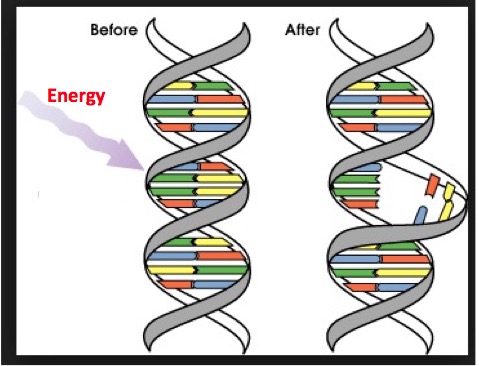3-year longitudinal study from adolescence to emerging adulthood
Coyne SM, Stockdale L, Summers K. Problematic cell phone use, depression, anxiety, and self-regulation: Evidence from a three year longitudinal study from adolescence to emerging adulthood. Computers in Human Behavior. 96:78-84. July, 2019.
Highlights
• Problematic cell phone use is stable between adolescence and emerging adulthood.• Self-regulation and problematic cell phone use are not longitudinally related.• Early problematic cell phone use is moderately associated with later depression.
Abstract
For a small percentage of cell phone users, cell phone use becomes problematic or addictive, characterized by excessive time spent on the cell phone, interference with social relationships and responsibilities, and difficulty disengaging from cell phones. Researchers have argued that depression, anxiety, and self-regulation may be risk factors or outcomes of problematic cell phone use, but there are few longitudinal studies on problematic cell phone use, making it unclear if these behaviors are predictors or outcomes of problematic cell phone use. The current study examined these factors during late adolescence and the transition to emerging adulthood. Participants included 385 individuals between the ages of 17 and 19 who completed a series of questionnaires once a year over a three year period. Problematic cell phone use, anxiety, depression, and self-regulation were all moderately associated at the cross-sectional level. Early problematic cell phone use predicted later depression when these variables were examined longitudinally, as opposed to the converse. There were no longitudinal associations between problematic cell phone use and anxiety or self-regulation. In sum, problematic cell phone use was fairly stable across the transition from adolescence to emerging adulthood and was associated with depression in the future.
https://www.sciencedirect.com/science/article/pii/S0747563219300664
